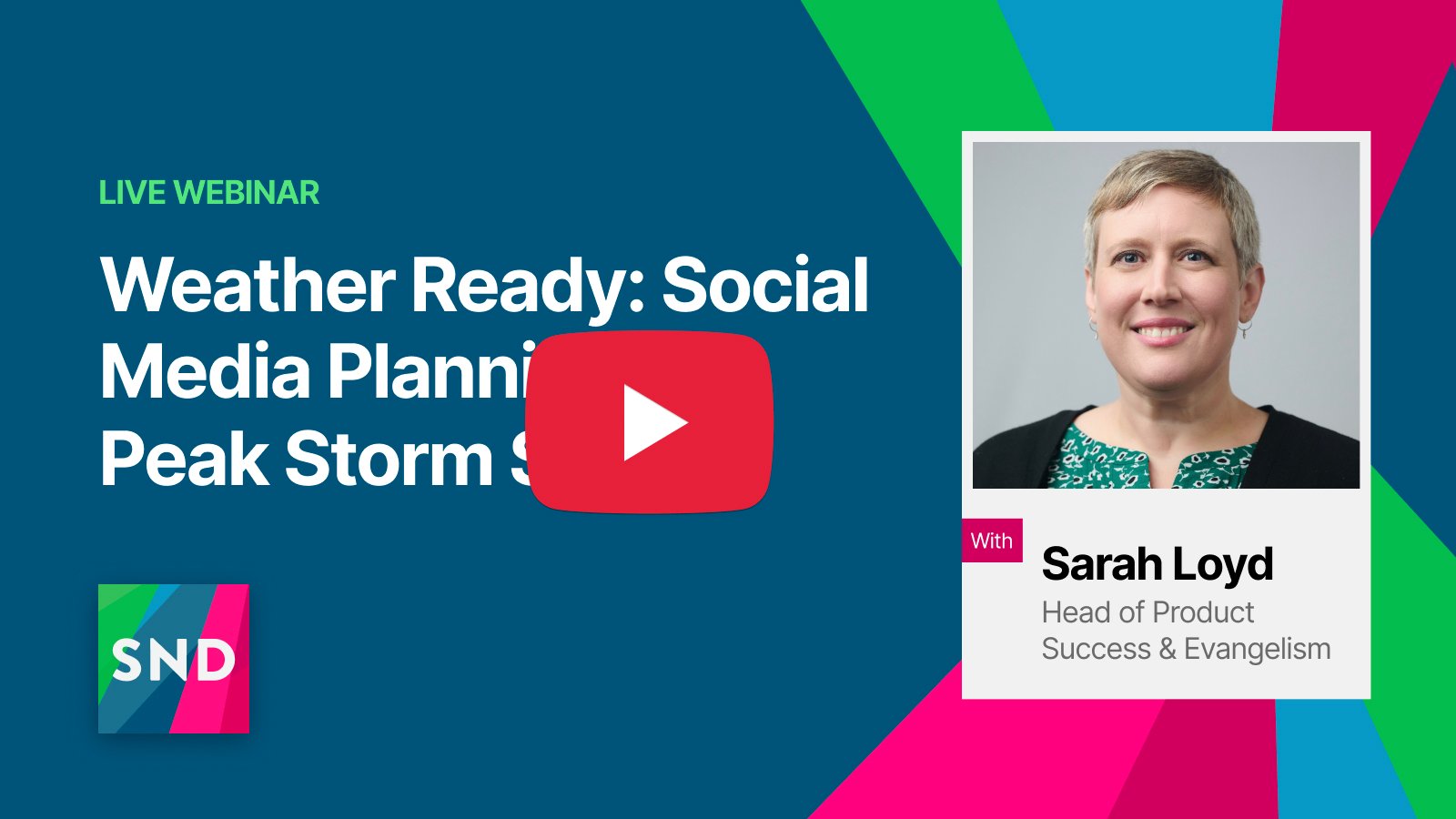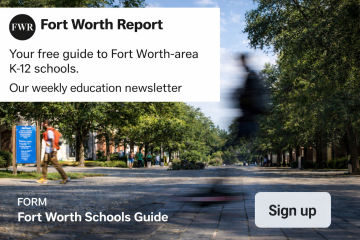When severe weather strikes, your community turns to social media first. During hurricanes, floods, or ice storms, residents open Facebook and Instagram before checking the news or even turning on the radio. That’s why proactive social media planning is critical for emergency communication. In our recent webinar, Weather Ready: Social Media Planning for Peak Storm Season, Sarah Loyd, SND’s Head of Product Success and Evangelism, shared best practices for crafting a social strategy that saves time, prevents panic, and builds public trust—before, during, and after the storm.
Why Social Media Matters in a Weather Crisis
When traditional communication channels go down or become overwhelmed, social media often remains the most accessible line of communication. Mobile networks are more resilient than ever, and people use their phones to find shelter locations, emergency alerts, and road closures—even during power outages.
Social media can:
Deliver real-time, life-saving updates
Correct misinformation
Calm fears with clear and consistent messaging
Reach vulnerable populations quickly and effectively
The Misinformation Challenge
Unfortunately, false information spreads faster than facts. Whether it’s an outdated forecast, fake evacuation map, or sensationalized image, misinformation can cause confusion and even put lives at risk.
That’s why it’s essential for official pages to:
Post frequently and with authority
Use plain language and strong branding
Monitor and correct false narratives quickly
Before the Storm: Prepare Your Strategy
The clock starts ticking long before the skies turn gray. Your storm-season strategy should start with preparation and pre-planning.
Build a Content Library
Don’t wait for the storm to create content. Develop a library of evergreen posts you can adapt in real time. Include:
Emergency kit checklists
Shelter and evacuation info
Power outage and generator safety tips
Flood zone maps and sandbag locations
Store these assets in a shared drive or social publishing platform so your team can access them quickly.
Repeat Key Messages Often
Algorithms don’t show every post to every person. Repetition ensures critical safety tips are seen. Repost guidance like:
What to do during a power outage
How to use a generator safely
Where to find shelter
How to sign up for alerts
Use consistent formats and bold visuals to stand out in the feed.
Show That You’re Ready
Trust is built before the storm hits. Show residents that your team is prepared by sharing behind-the-scenes content:
Emergency operations center drills
Crews checking equipment
Volunteers loading supplies
These posts humanize your agency and reassure the public.
Use Standby Statements
Have a standby post template ready for early messaging:
“We are aware of a developing situation. Please stay tuned for updates from official sources. More details coming soon.”
This buys time while showing your audience that you’re on it.
Go Beyond Social
Encourage residents to sign up for emergency alerts via text or email. Promote these tools year-round so they’re ready to use when needed.
During the Storm: Communicate with Confidence
Streamline Messaging
Post from centralized, official pages (e.g., city or emergency management)
Pause unrelated or promotional content
Use calm, clear language and short paragraphs
Add timestamps to each post: “Updated at 3:45 PM”
Make Posts Accessible
Include all essential info in post text (not just in images or video)
Add captions and transcripts to videos
Avoid overly complex language or emojis
Monitor the Conversation
Use social listening tools to:
Track emerging issues or areas of concern
Identify and correct misinformation
Spot trending questions from residents
Engage and Moderate Comments
Use a social media management platform like SND Dashboard to:
Manage questions from multiple accounts in one place
Escalate urgent messages internally
Maintain a compassionate and calm tone when responding
After the Storm: Recovery and Reconnection
Continue Posting Critical Info
Even after the storm passes, residents still need guidance. Share:
Hazard updates (downed power lines, flooded roads)
Where to find shelter, food, or medical help
How to apply for financial assistance
Repeat these messages often—especially for communities without consistent internet access.
Highlight Recovery and Resilience
Recovery is also a time for storytelling. Feature:
Acts of kindness
Volunteer efforts
First responder heroism
Community cleanup and support
These messages foster unity and hope.
Monitor Sentiment
Keep an eye on:
Questions or frustrations in the comments
Misinformation that resurfaces
Opportunities to engage directly with concerned residents
Track Performance and Learn
Post-storm, review your performance:
Which messages performed best?
Where did misinformation spread?
How did engagement change during the crisis?
Use this data to refine your future response plans.
Tools to Help You Succeed
Crisis communication is easier and more effective with the right tools. Social News Desk’s suite includes:
Centralized publishing across multiple departments
Role-based permissions for secure collaboration
Real-time social listening and keyword tracking
Inbox management for comments and direct messages
Analytics and reporting to show your social impact
Get Prepared Today
Download these free resources to help build your plan:
Want to see how Social News Desk can help your agency, local government, newsroom, and the public sector?
Book a demo or email us at sales@socialnewsdesk.com. Let’s keep our communities informed, safe, and weather ready—together.




